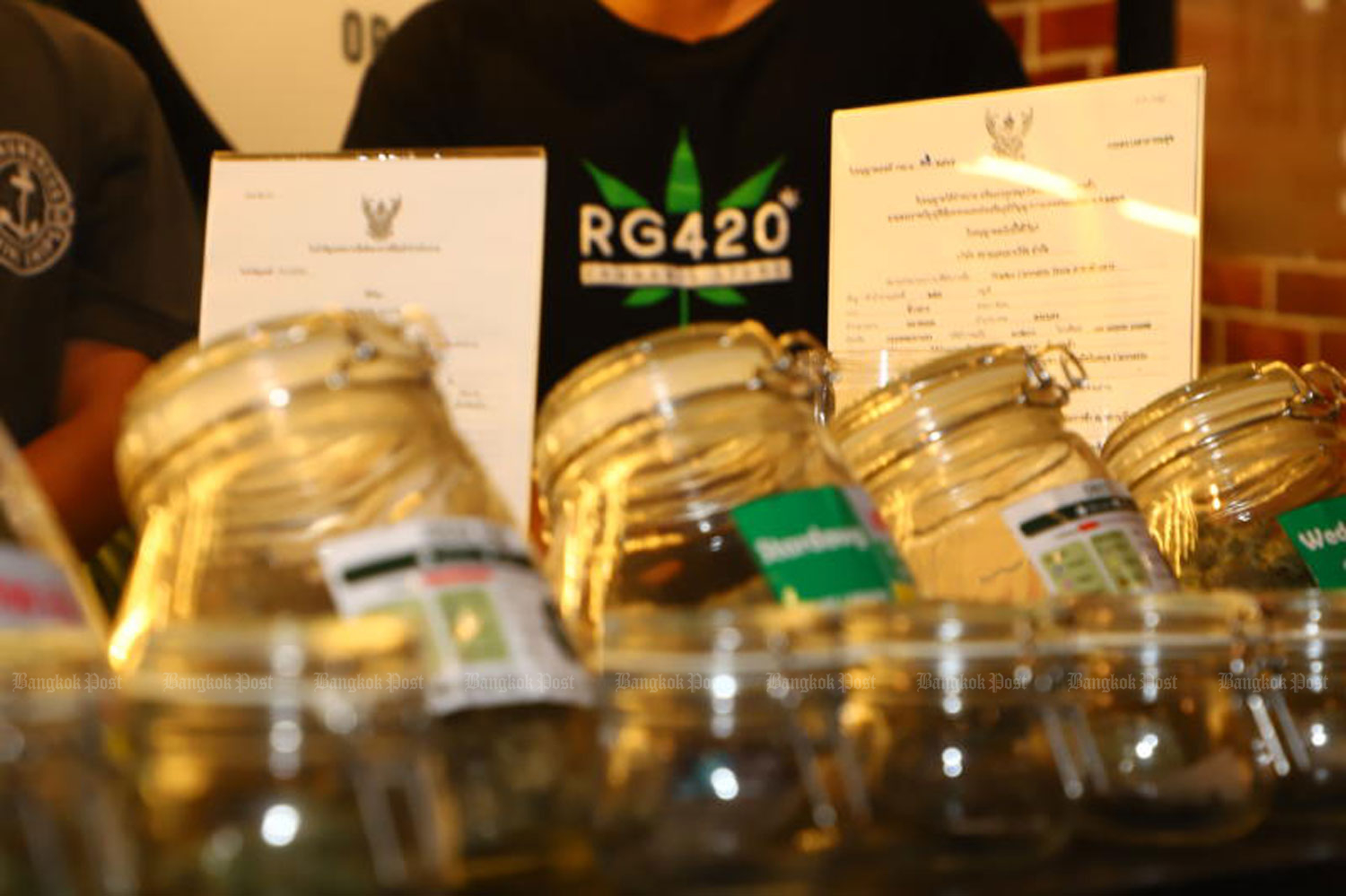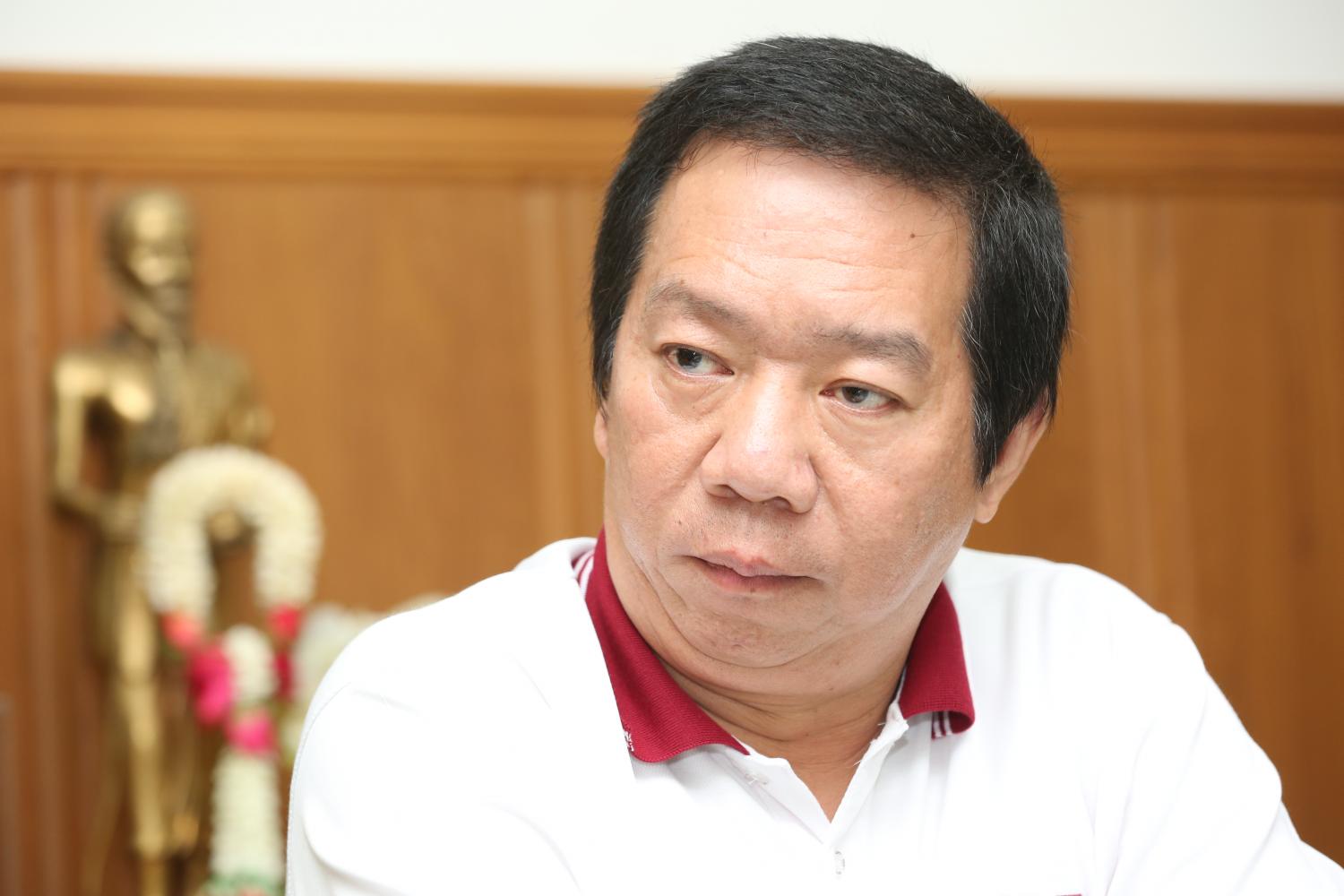
Tourism operators have applauded the prime minister’s pledge to eliminate recreational cannabis usage within six months as they believe unregulated cannabis shops have done more harm than good to tourism over the past year.
Prime Minister Srettha Thavisin insisted this week during an interview with Bloomberg that the government would rectify the cannabis policy within six months to ensure it would be used only for medical purposes.
In earlier comments he said he personally disagreed with recreational use of the plant.
“You can now easily find a cannabis shop every 200-300 metres along the streets of Pattaya, and 90% of them are not for medical purposes,” said Thanet Supornsahasrungsi, group executive director of Sunshine Hotels and Resorts in Pattaya.
He said the loosened regulations and lax enforcement created more problems for tourism than economic benefits, as there have been a few cases of hotel guests using too much cannabis and having to be taken to hospital as they were comatose.
There were also problems for tourists from countries that prohibit consuming and importing cannabis products, while many of them didn’t realise some products bought here contained cannabis, such as foods and drinks.
“If we would like to use it for medical purposes, law enforcement should be stricter to make sure we can offer them medical treatment which is safe for their health,” said Mr Thanet.
He said most tourists didn’t intend to visit Thailand just to smoke cannabis, but they were exploiting the loophole while the country failed to regulate the business properly.
The original goal of decriminalisation, championed by the Bhumjaithai Party in the previous coalition government, was to promote cannabis for medicinal use and as an economic crop with applications including medicine, food and beverage production.
However, the lack of a law meant that recreational use also flourished, with thousands of weed dispensaries opening in Bangkok and tourist centres across the country. A law to properly regulate the business failed to pass in the previous government’s term.
Bhumjaithai leader Anutin Charnvirakul was the minister of public health in the last government and now he heads the Ministry of Interior. It is believed that support for medicinal use of cannabis was a key condition of his 71-member party joining the Pheu Thai-led coalition.
Suksit Suvunditkul, president of the southern chapter of the Thai Hotels Association, said several cannabis shops opened on every street in Phuket after the plant was removed from the narcotics list.
He said most hotels have to prohibit smoking weed in their rooms as it disturbed other guests, especially families with children.
He said hotels totally agree with the government if it limits cannabis usage to only medical purposes.
The private sector in the provinces previously discussed the impact of unregulated businesses and raised the idea of zoning cannabis usage for recreational purposes, in order to stop them expanding without control.
However, if the government wished to close all cannabis shops, the tourism sector in Phuket would not face any impact as the island is on track to recover to the 2019 level, even without cannabis liberalisation.
“European guests have recovered by 80%, with forward bookings in the upcoming high season reaching 40-50%,” said Mr Suksit.
“If the government closes cannabis shops, it would not affect the tourism business. Phuket posted steady growth even before cannabis was liberalised.”



